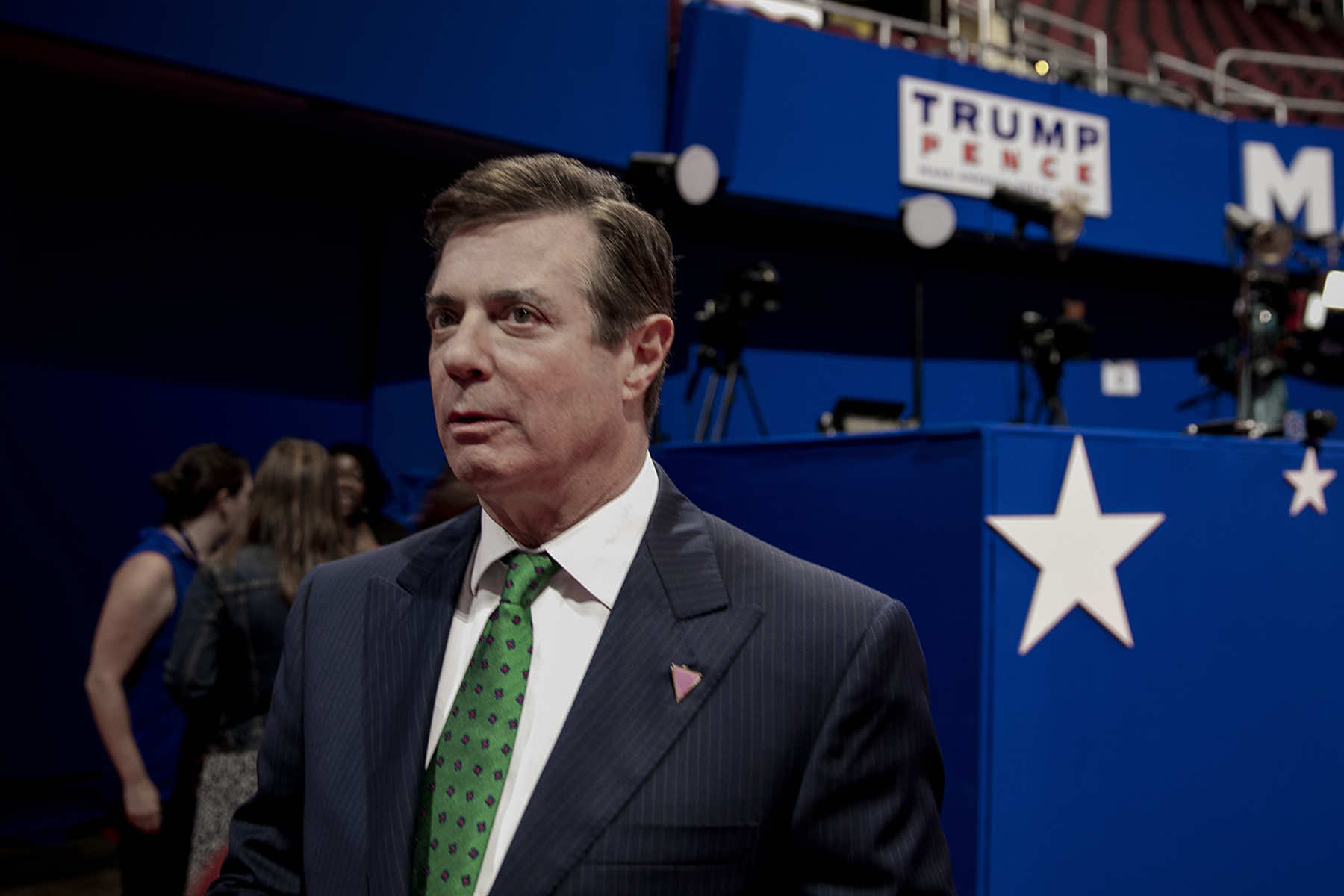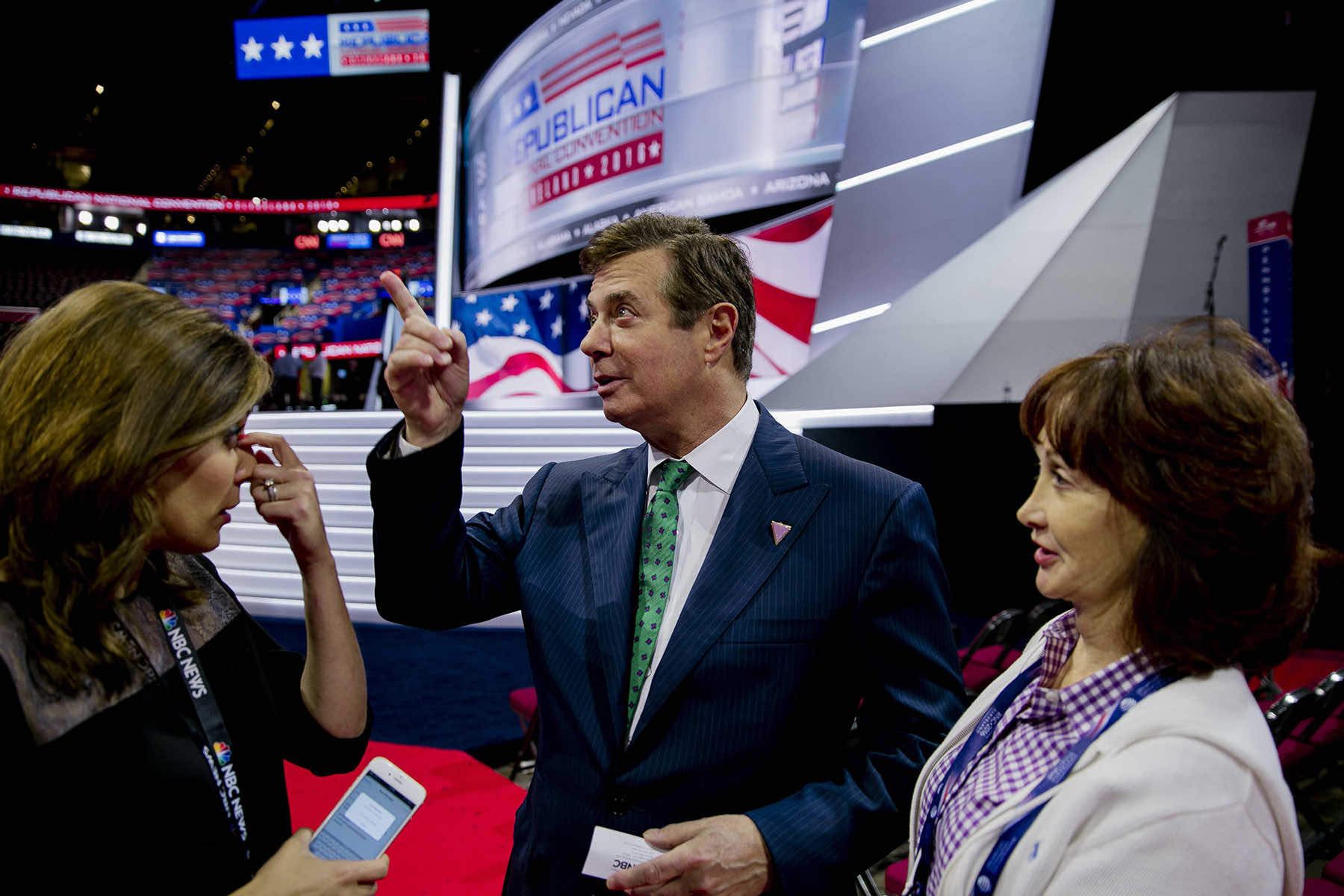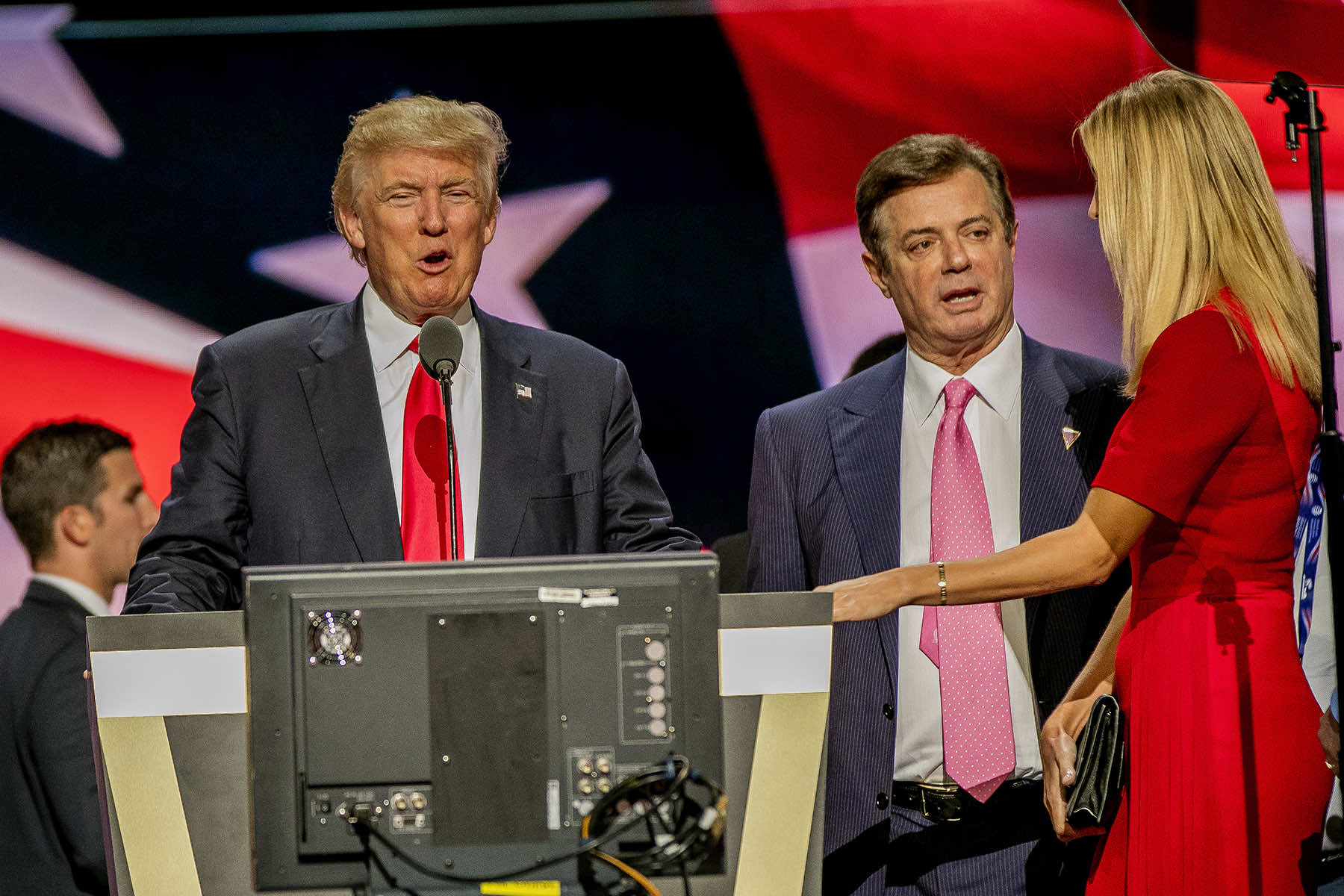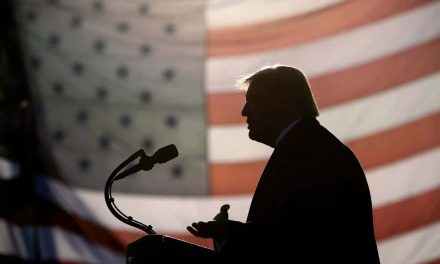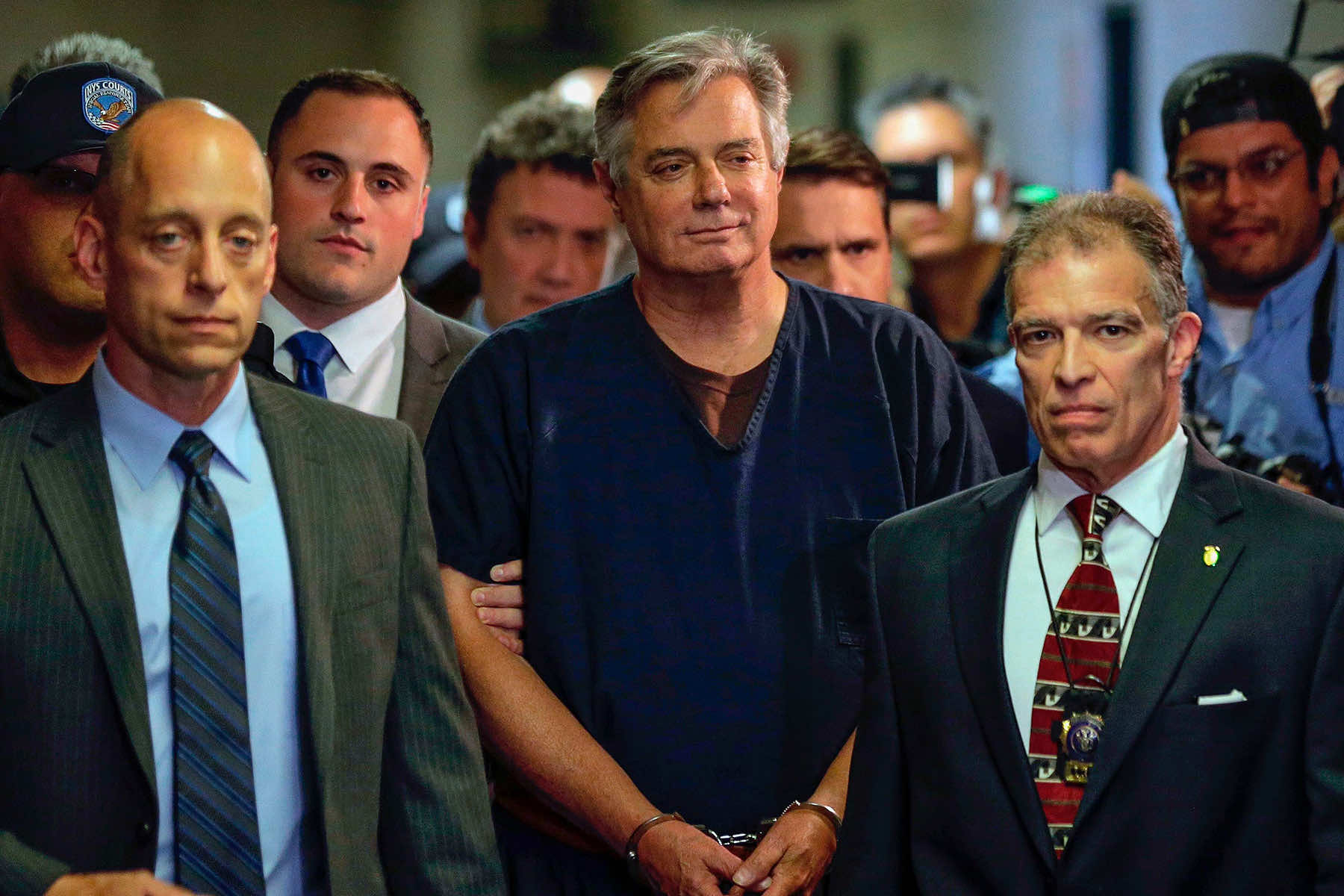
Although few Americans paid much attention at the time, the events of February 18, 2014, in Ukraine would turn out to be a linchpin in how the United States ended up where it is a decade later.
On that day ten years ago, after months of what started as peaceful protests, Ukrainians occupied government buildings and marched on parliament to remove Russian-backed president Viktor Yanukovych from office. After the escalating violence resulted in many civilian casualties, Yanukovych fled to Russia, and the Maidan Revolution, also known as the Revolution of Dignity, returned power to Ukraine’s constitution.
The ouster of Yanukovych meant that American political consultant Paul Manafort was out of a job.
Manafort had worked with Yanukovych since 2004. In that year, the Russian-backed politician appeared to have won the presidency of Ukraine. But Yanukovych was rumored to have ties to organized crime, and the election was full of fraud, including the poisoning of a key rival who wanted to break ties with Russia and align Ukraine with Europe.
The U.S. government and other international observers did not recognize the election results, while Russia’s president Vladimir Putin congratulated Yanukovych even before the results were officially announced.
The government voided the election and called for a do-over.
To rehabilitate his reputation, Yanukovych turned to Manafort, who was already working for a young Russian billionaire, Oleg Deripaska. Deripaska worried that Ukraine would break free of Russian influence and was eager to prove useful to Vladimir Putin.
At the time, Putin was trying to consolidate power in Russia, where oligarchs were monopolizing formerly publicly held industries and replacing the region’s communist leaders. In 2004, American journalist Paul Klebnikov, the chief editor of Forbes in Russia, was murdered as he tried to call attention to what the oligarchs were doing.
With Manafort’s help, Yanukovych finally won the presidency in 2010 and began to turn Ukraine toward Russia. In November 2013, Yanukovych suddenly reversed Ukraine’s course toward cooperation with the European Union, refusing to sign a trade agreement and instead taking a $3 billion loan from Russia. Ukrainian students protested the decision, and the anger spread quickly. In 2014, after months of popular protests, Ukrainians ousted Yanukovych from power and he fled to Russia.
Manafort, who had borrowed money from Deripaska and still owed him about $17 million, had lost his main source of income.
Shortly after Yanukovych’s ouster, Russia invaded Ukraine’s Crimea and annexed it, prompting the United States and the European Union to impose economic sanctions on Russia itself and also on specific Russian businesses and oligarchs, prohibiting them from doing business in U.S. territories. These sanctions were intended to weaken Russia and froze the assets of key Russian oligarchs.
By 2016, Manafort’s longtime friend and business partner Roger Stone — they had both worked on Richard Nixon’s 1972 campaign — was advising Trump’s floundering presidential campaign, and Manafort was happy to step in to help remake it. He did not take a salary but reached out to Deripaska through one of his Ukrainian business partners, Konstantin Kilimnik, immediately after landing the job, asking him, “How do we use to get whole? Has OVD [Oleg Vladimirovich Deripaska] operation seen?”
Manafort began as an advisor to the Trump campaign in March 2016 and became the chairman in late June.
Thanks to journalist Jim Rutenberg, who pulled together testimony given both to the Mueller investigation and the Republican-dominated Senate Intelligence Committee, transcripts from the impeachment hearings, and recent memoirs, we now know that in 2016, Russian operatives presented Manafort a plan “for the creation of an autonomous republic in Ukraine’s east, giving Putin effective control of the country’s industrial heartland, where Kremlin-armed, -funded, and -directed ‘separatists’ were waging a two-year-old shadow war that had left nearly 10,000 dead.”
In exchange for weakening NATO, undermining the U.S. stance in favor of Ukraine in its attempt to throw off the Russians who had invaded in 2014, and removing U.S. sanctions from Russian entities, Russian operatives were willing to help Trump win the White House.
The Republican-dominated Senate Intelligence Committee in 2020 established that Manafort’s Ukrainian business partner Kilimnik, whom it described as a “Russian intelligence officer,” acted as a liaison between Manafort and Deripaska while Manafort ran Trump’s campaign.
Now, ten years later, Putin has invaded Ukraine in an effort that when it began looked much like the one his operatives suggested to Manafort in 2016, Trump has said he would “encourage Russia to do whatever they hell they want” to NATO allies that don not commit 2% of their gross domestic product to their militaries, and Trump MAGA Republicans are refusing to pass a measure to support Ukraine in its effort to throw off Russia’s invasion.
The day after the violence of February 18, 2014, in Ukraine, then–vice president Joe Biden called Yanukovych to “express grave concern regarding the crisis on the streets” and to urge him “to pull back government forces and to exercise maximum restraint.”
Ten years later, Russia has been at war with Ukraine for nearly two years and has just regained control of the key town of Avdiivka because Ukrainian troops lack ammunition. President Joe Biden is warning MAGA Republicans that “[t]he failure to support Ukraine at this critical moment will never be forgotten.”
“History is watching,” he said.
Mark Reinstein (via Shutterstock) and AP File
Letters from an Аmerican is a daily email newsletter written by Heather Cox Richardson, about the history behind today’s politics

